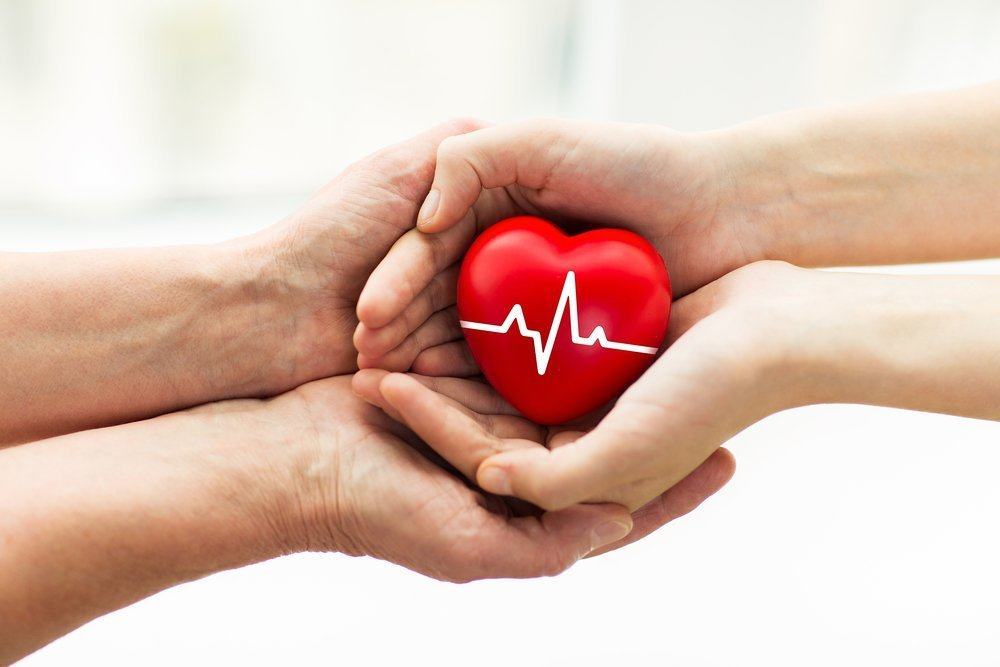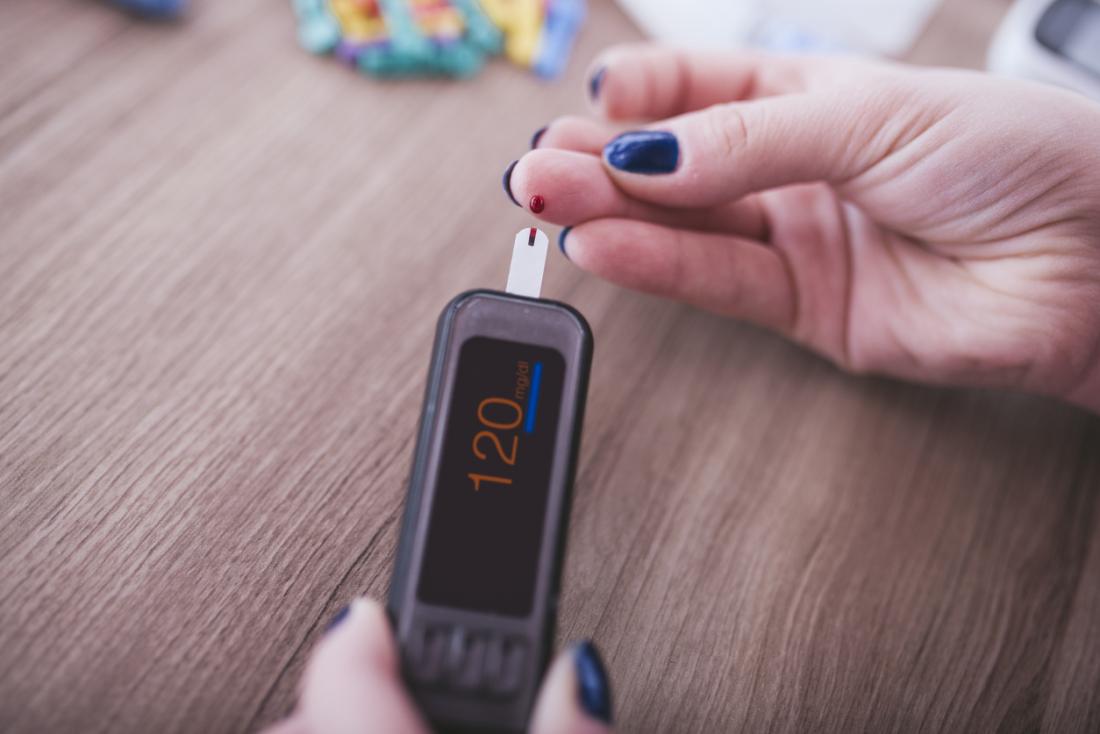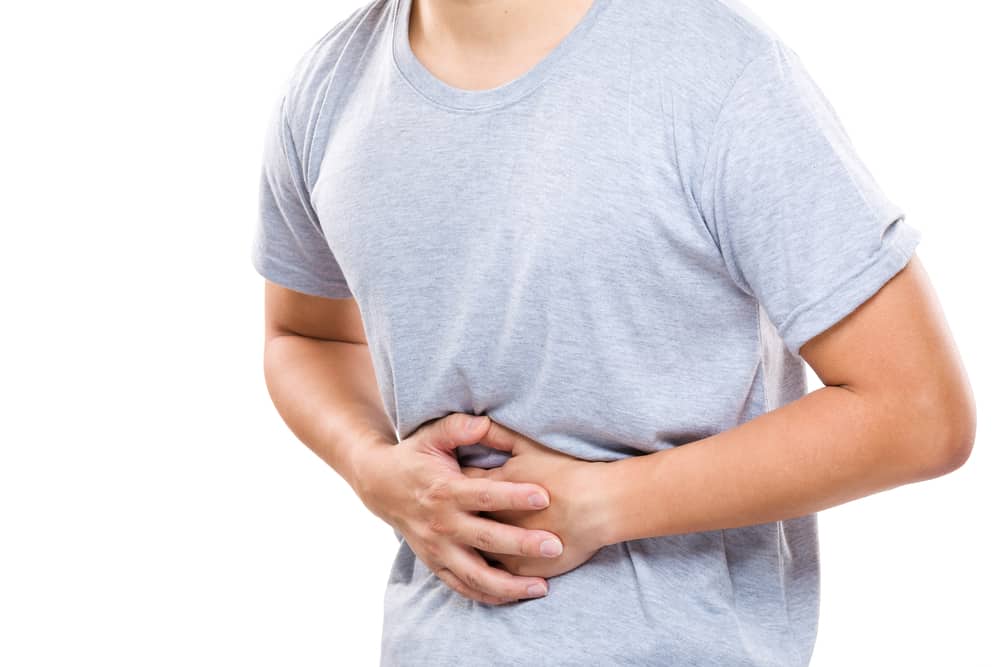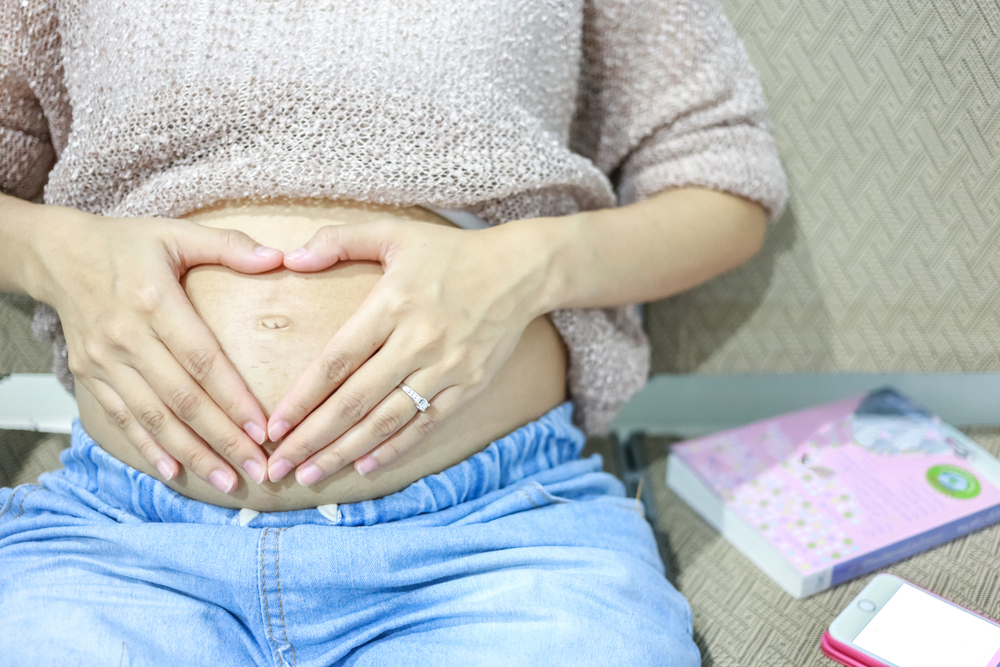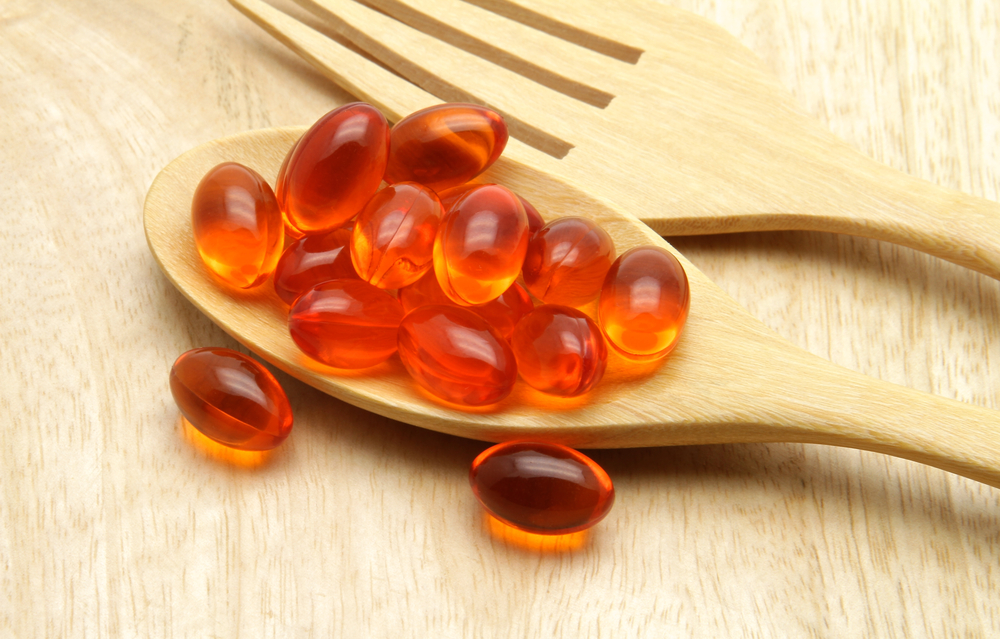Contents:
- Medical Video: Liver Transplant: The Surgery, Recovery and Quality of Life | Q&A
- Perform routine checks
- Eat healthy food
- Drink enough water
- Avoid alcohol
- Exercise
- Avoid stress
Medical Video: Liver Transplant: The Surgery, Recovery and Quality of Life | Q&A
Caring for yourself after a liver transplant is important for your recovery. The first year will be difficult and don't think of doing everything yourself. Family and friends will always be ready to help you. You only need to ask for it. To ensure proper recovery, here are a few things to remember.
Perform routine checks
Your body's immune system will regard your new heart as a foreign object and will try to reject it by attacking your new heart. This is why you need to use immunosuppressive drugs that are prescribed by doctors to suppress the immune system from reacting. You also need to see a doctor regularly to monitor the condition of your heart with a routine blood test.
Eat healthy food
Make sure you have a healthy diet with low levels of sodium, fat and cholesterol. If you used to eat fast food beforehand, you need to stop the habit. Eat foods that are self-cooked with plenty of vegetables, fruits and enough protein from fish, meat, eggs and dairy products. In addition, whole grains are also good for your heart. Don't eat raw seafood because it's at risk for serious infections.
Liver disease can cause loss of appetite and malnutrition. Most patients experience malnutrition during transplantation. The medical team, family, friends and yourself need to be aware of the importance of getting as much nutrition as possible. Patients who are more malnourished generally have fewer complications, are less likely to stay in the hospital and have a faster recovery time.
Drink enough water
Water contains natural mineral levels. The best source of water is where water is free of carbon and chlorine particles. In addition, add a little lemon juice to the water to increase the alkalinity and cleaning agent. Lemon and citrus fruits contain lots of vitamin C and minerals that will improve body function and cleanse the liver.
Avoid alcohol
Avoid alcohol because alcohol is a poison and limits the absorption of nutrients. Avoid beer, wine, champagne and other types of liquor. Remember that some free medicines such as cough syrup also contain alcohol.
Exercise
Try combining diet and exercise. You may not go to a fitness center. But you can do light exercise, such as lifting a can of soup or a light load at home. If you have trouble maintaining a healthy weight, ask your doctor for help. Being active is important because it can help you maintain your strength. This is important for people with liver disease, because you can lose muscle mass if liver disease gets worse.
It is important to choose the exercise routine that is right for you. For example, people with mild hepatitis C can exercise like normal people. Every week, do a physical activity that has a heart rate of at least 2½ hours. Also do some muscle strengthening twice a week. You can start by going on foot for 5-10 minutes. Increase your walking time 1 minute every day you walk. Your main goal is to walk for 30 minutes, 3 times a week.
Avoid stress
Everyone has stress, but living with long-term illnesses can increase stress. No one is healthy with stress. In the first few months after the transplant, you can feel emotions such as anger, frustration, guilt and depression. Relaxation and balancing your life with positive thoughts and spending more time with the closest people can help you through this difficult time.
Health is the most valuable thing. A healthy body and positive thoughts not only give you happiness but also happiness to your family. Live your life in the right and healthy way.

